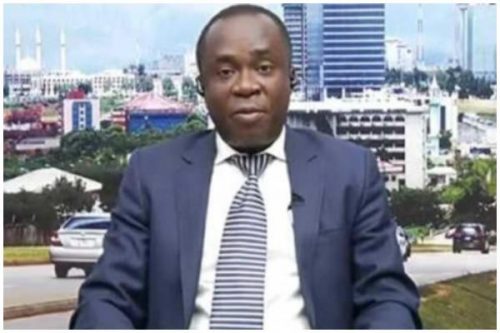Finance and economic experts have slammed the presidential candidate of the People Democratic Party, Atiku Abubakar, for canvassing a floating exchange rate for the naira.
According to the proponents of a naira float regime, implementing a complete float of the nation’s currency will boost its value.
They argued that floating the naira would lead to the convergence of the official and parallel market exchange rates.
The presidential candidate of the Peoples Democratic Party, Atiku Abubakar, during an interview last week, said the exchange rate policy of the Central Bank of Nigeria was discouraging investments, promising to stop the policy if elected president.
But speaking on the development, the Chairman, Banking and Finance Department, Nasarawa State University, Keffi, Prof Uche Uwaleke, said floating the naira would not address the liquidity challenges facing the foreign exchange market.
Uwaleke, who is Nigeria’s first professor of capital market studies, said with the Nigerian economy being import-dependent with some non-oil exports, any attempt to leave the exchange rate completely to market forces would spell doom for the country’s economy.
He said, “Nigeria has a peculiar case. Even if floating solves the problem of multiple pricing and arbitrage, it does not address the liquidity challenge.
“Because the country imports fuel, raw materials, food and virtually everything, commodity prices will increase from the pass-through effect of high exchange rate and the CBN will be compelled to further tighten the monetary policy.
“Granted that government revenue will increase from the naira value of oil exports, but the cost of servicing the government’s huge domestic debt will also surge following increased yields on government securities.
“A huge sum of money will be needed to implement capital expenditure contained in the 2019 budget which is dollar-dependent.
“So, a currency float comes with adverse consequences the severity of which depends on the state of a country’s economy.”
A developmental economist, Mr Afeez Balogun, said while a complete currency float was capable of unifying rates and reducing round tripping and speculative activities, toeing the line would be suicidal for an import-dependent economy that depended on a single commodity for much of its forex inflows.
He said, “To improve the value of the naira, well-coordinated fiscal policies should be deployed to pursue import substitution and enhance the competitiveness of local production with a view to curtailing forex demand.”







